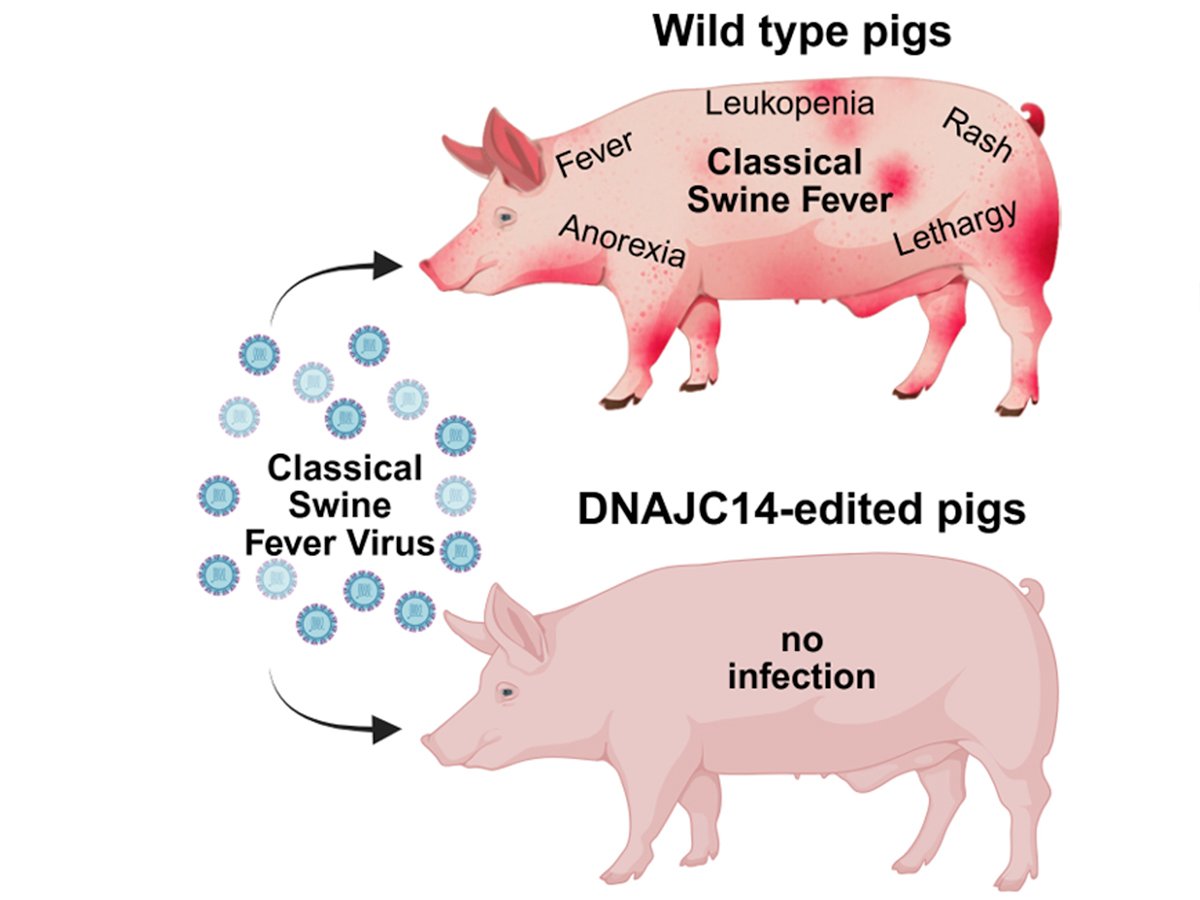MOOSE JAW – As Saskatchewan farmers look at expanding irrigation activity, the Prairie Farm Rehabilitation Administration is getting out of the business.
The federal agency says that 2008 will be the last year it operates and administers irrigation projects. By 2016, it will no longer own any of them.
PFRA owns five flood irrigation projects and 33 dams and water control structures. The projects are located in southwestern Saskatchewan at Eastend, Maple Creek, Rush Lake, Consul and Nashlyn and Val Marie and West Val Marie.
About 250 producers irrigate 20,000 acres from these projects. PFRA wants the projects transferred to the users.
Read Also

Gene edited pig resistant to classical swine fever
British scientists have discovered a gene edit that could provide resistance to classical swine fever in pigs and Bovine Viral Diarrhea in cattle
Scott Roy, projects manager, said PFRA has already sold its water infrastructure in Manitoba and Alberta. Previous attempts to sell its Saskatchewan infrastructure in 1961, 1967, 1986 and 1994 weren’t successful.
More recently, the federal agriculture department reviewed its mandate and decided it would manage, operate and maintain only water storage facilities that serve agriculture.
Eventually, Roy said, it will sell the dams, too.
PFRA has been consulting stakeholders as it goes about this transition.
Roy said selling the irrigation projects would put all irrigation patrons on a level playing field in terms of local control. The Rush Lake project, for example, already hires its own ditch rider but the other four projects don’t.
Producers who use the projects would form boards or districts to look after the projects.
“They have to decide if they’re going to continue or stop irrigating,” Roy said.
In some cases, ranching operations have been built around irrigation.
Roy said there is a role for the Saskatchewan Irrigation Projects Association to play in encouraging district formation and offering advice.
“SIPA has a share in safeguarding agriculture and sustainable use of water, especially with climate change and competition for water,” he said.















